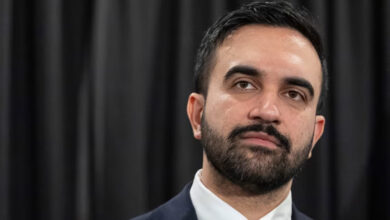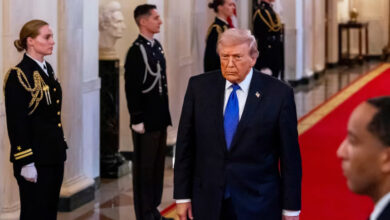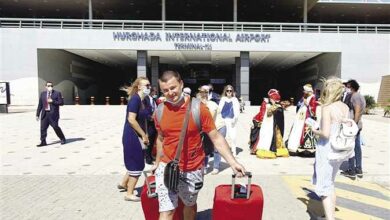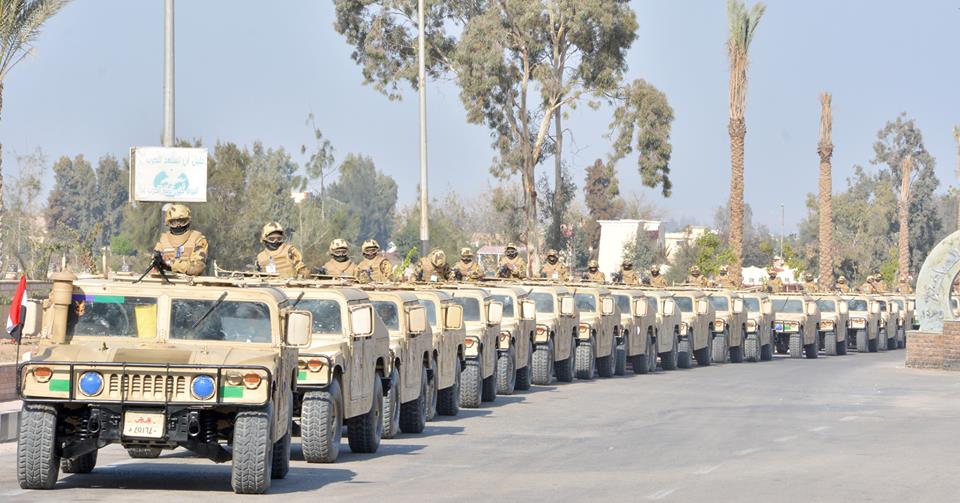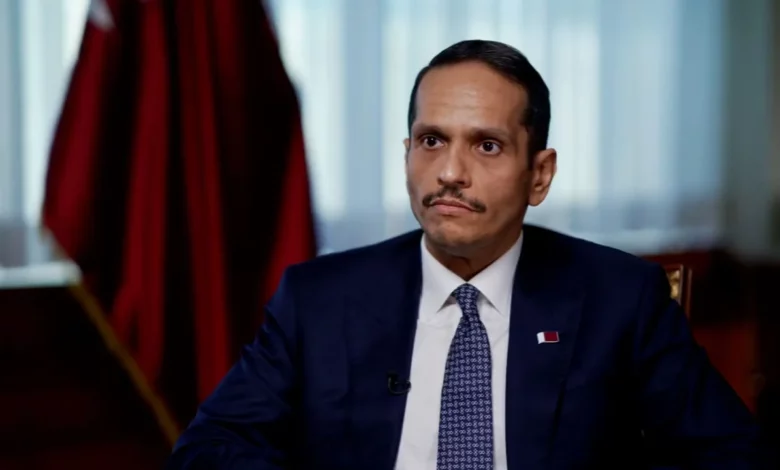
“We were so proud to see that Qatar helped in bringing those people back to their families,” Al-Thani told CNN’s Christiane Amanpour in an exclusive interview.
Emad Shargi, Morad Tahbaz and Siamak Namazi, along with two Americans who have not been publicly named, arrived Tuesday at a military airfield in Virginia after being flown out of Iran the previous day on a Qatari government jet.
The release, which came as part of a wider deal that includes the US unfreezing $6 billion in Iranian funds, began to coalesce earlier this year amid negotiations in Doha, CNN has previously reported.
Asked by Amanpour if the deal could mark a rapprochement in US-Iranian relations, Al-Thani struck an optimistic note, saying, “I cannot claim that this will lead to a nuclear deal, but it’s going definitely to lead to a better environment.”
“What happened yesterday actually was a great building block for rebuilding the confidence between the two countries,” he said.
“I hope both countries are believing that this will lead to a better environment to go for an entire agreement on the nuclear issue, and any other outstanding issue,” he said.
The Qatar-mediated prisoner-release deal came amid a significant dialing back of tensions between Iran and the US in recent months.
Attacks by Iran and its proxies on US interests in the Middle East have almost ceased, and Iran’s oil exports have risen despite Western sanctions on its oil industry. Meanwhile, Iran’s uranium enrichment under its nuclear program has reportedly slowed.
Still, a senior Biden administration official said earlier this week that the prisoner deal “has not changed our relationship with Iran in any way.” Soon after the American prisoners took off from Iran, the Biden administration slapped new sanctions on the regime.
In speeches before the UN General Assembly in New York earlier in the day, the Iranian and American leaders traded well-worn accusations before delegates gathered in the UN’s General Assembly Hall.
Iranian President Ebrahim Raisi accused the US of “fanning the flames of violence in Ukraine” in his speech, and revisited former US President Donald Trump’s 2018 decision to exit the Iran nuclear deal (JCPOA), which he called “an official trampling upon (of) their commitments.”
To move forward, Raisi said, “the United States of America must explain transparently and demonstrate in a verifiable fashion that it does wish to reach a proper conclusion and show her commitment – choose a path, either JCPOA or not.”
“It is time now for the United States to bring a cessation to traveling on the wrong path and choose the right side,” he added.
In his own speech, US President Joe Biden mentioned only that the US is “working with our partners to address Iran’s destabilizing activities that threaten regional and global security and remain steadfast in our commitment that Iran must never acquire a nuclear weapon.”

